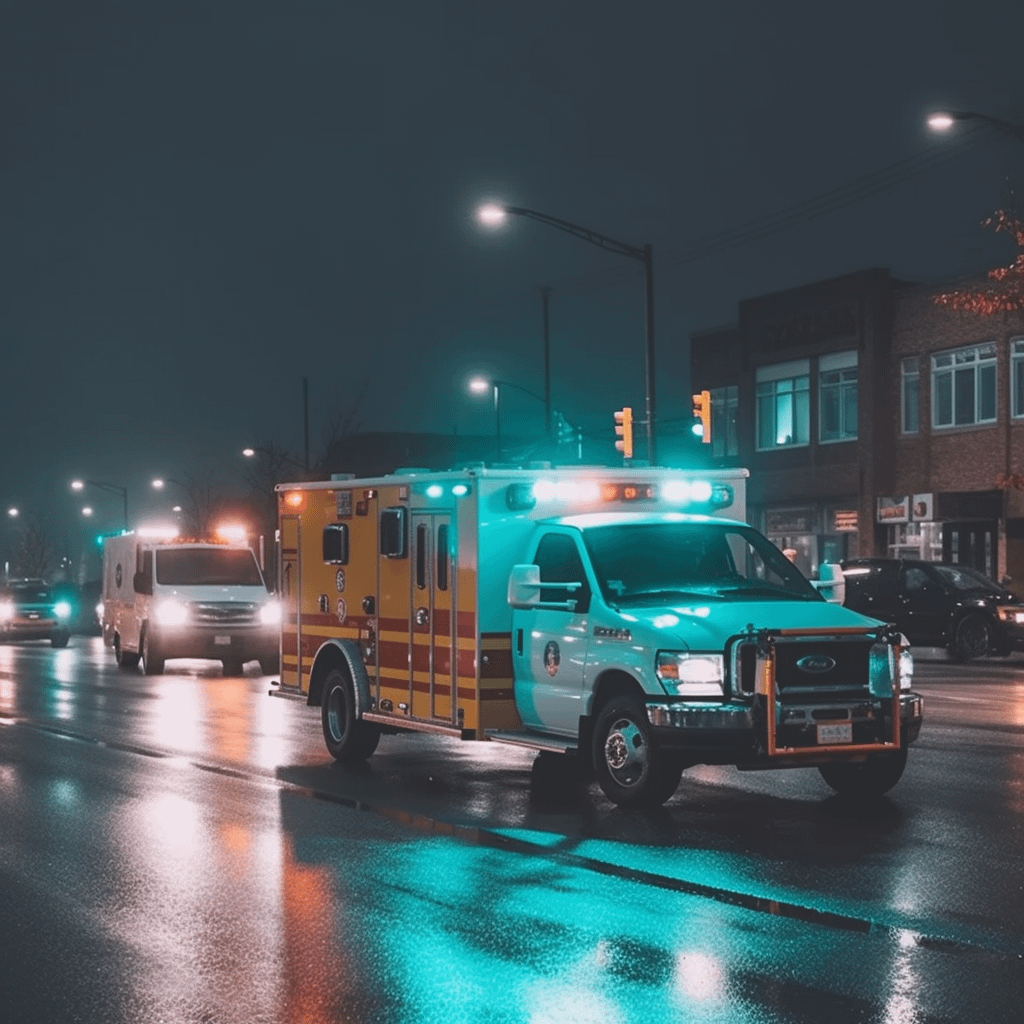Car accidents can and do cause all sorts of injuries ranging from mild to severe to fatal. The severity of the accident often corresponds to the severity of the resulting injuries, and many factors can compound what would otherwise be a minor injury. For example, speeding, inebriation from drugs or alcohol, distracted driving, and aggressive driving call all contribute to the severity of someone’s car accident injuries. Minor bone cracks could be exacerbated into serious and even penetrating fractures, whiplash could become life-long spinal damage, and bumps and bruises could be the result of serious internal bleeding.
The severity of your injuries will determine the type and extent of medical care you’ll need after an auto accident, which will impact your recovery options. In other words, your options for pursuing compensation may differ depending on whether your injuries are minor or severe. Furthermore, Massachusetts law imposes certain standards and thresholds for severe injuries that you must meet to qualify for certain recovery options. Ask our team about how your injuries may impact your car accident case.

Minor injuries are those that do not pose a serious threat to a person’s health and wellbeing and which are expected to heal relatively quickly, with few or no complications. In the context of car accidents, minor injuries often include cuts and bruises, cracked bones, airbag burns, and whiplash (if the accident occurred at low speeds). Many minor car accident injuries heal on their own or with little medical intervention but may still require you to take time off work.
If you do need medical care or have to miss some work to recover from minor car accident injuries, chances are that your insurance will cover most of the costs. Since Massachusetts is a no-fault state, you can go through your own insurance to recover compensation for your medical bills and up to 75% of your missed wages, regardless of who was at fault for the crash. When an accident results in minor injuries, your own Personal Injury Protection should be enough to cover your medical expenses.
Ask our team about how the severity of your injuries can complicate your car accident case. Let us help you document your injuries and how they impact your daily life in order to maximize your chances of obtaining compensation.
The injuries that result from serious car accidents are often devastating. Recent crash data indicates the rate at which people in Massachusetts are seriously injured in motor vehicle accidents, which is currently about 4.3 per 100 million vehicle miles traveled. The more severe an injury is, the more likely it is to have permanent effects. Severe injuries that commonly result from motor vehicle collisions include, but are not limited to:
- Traumatic brain injuries
- Spinal cord injuries
- Severe burns
- Loss of a limb
- Paralysis
- Organ damage
Severe injuries can change the course of a car accident case in several ways. For example, Massachusetts’ minimum required auto insurance will cover up to $8,000 in medical expenses and lost wages, but many severe injuries with long-lasting effects will exceed this limit in a matter of time. Fortunately, state law allows you to file a civil lawsuit or third-party insurance claim in cases where another driver is at-fault for the collision if:
- Your accident injuries involve permanent and serious disfigurement,
- You suffered bone fractures, or
- Your “reasonable medical expenses” exceed $2,000.
Proving the severe or permanent nature of your car accident injuries can be challenging. CarAccident.Law has the resources to connect you with medical experts who can offer testimony about the severity of your condition and insight on how much your medical care is likely to cost. The testimony of medical experts can go a long way and is sometimes required to prove someone’s estimated future damages in court, so reach out to our team as soon as possible so we can get started on your case.
Regardless of whether your accident injuries are minor or severe in nature, you must document them if you plan to pursue compensation either through an insurance claim or civil litigation. This can be as simple as periodically taking photos of your injuries to show their progression over time, as well as journaling about how they impact and limit your day-to-day activities. For example, you can write about whether it hurts to change your own clothes or whether it is difficult to perform regular daily tasks such as hygiene maintenance, house chores, work performance, etc. It is also a good idea to have anyone who spends a lot of time with you document how your injuries have impacted your daily life and how they help take care of you, if applicable.
All of these things can be used as evidence of your injuries and their severity in an insurance claim or civil lawsuit for compensation. If you have more questions about how you can document your car accident injuries, get in touch with CarAccident.Law.





